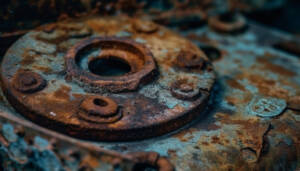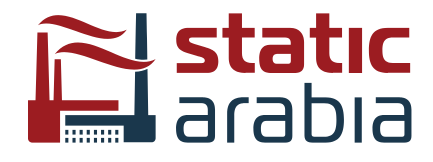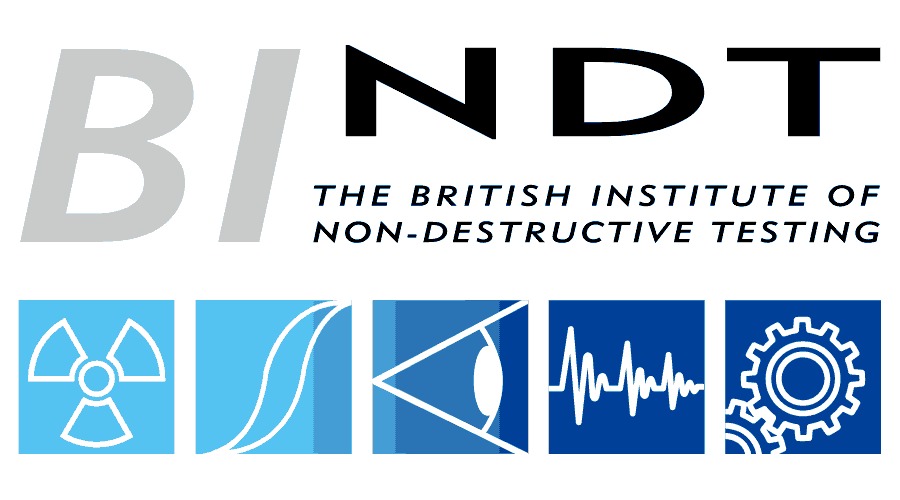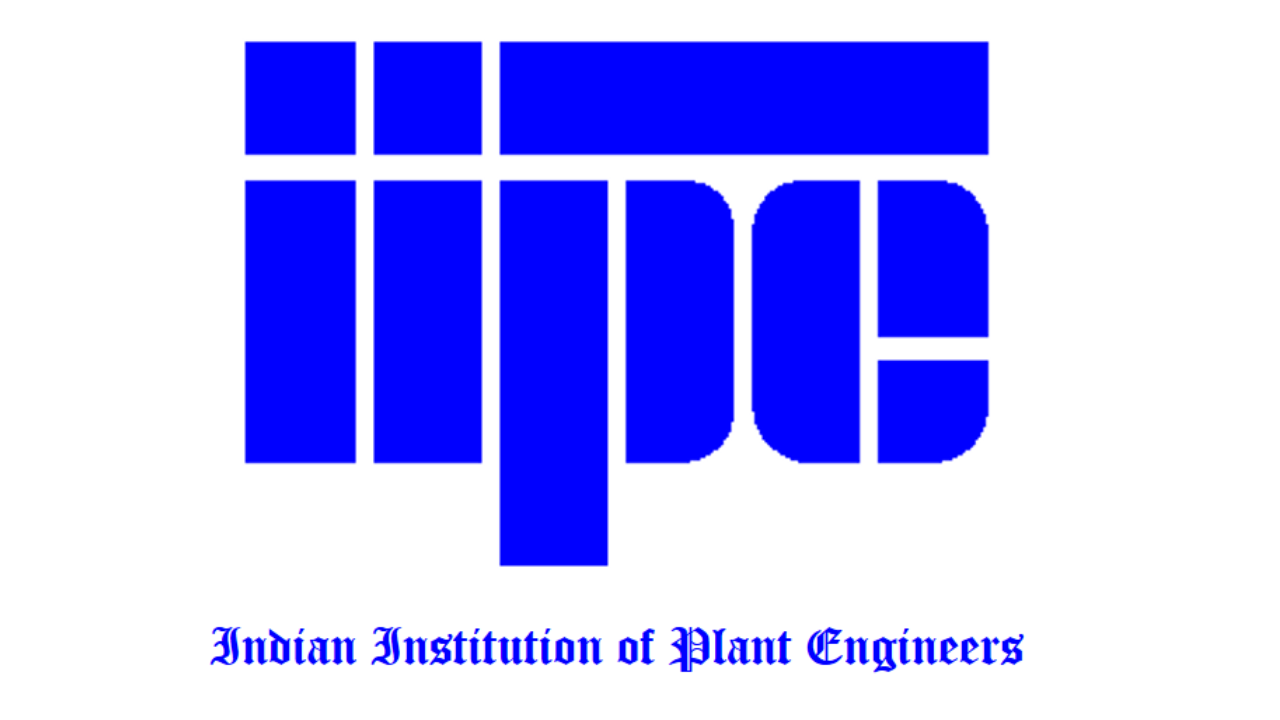Corrosion remains one of the most significant challenges facing industrial sectors, particularly in harsh environments like those found in the Gulf Cooperation Council (GCC) region, including Saudi Arabia. The damaging effects of corrosion on machinery, equipment and infrastructure lead to increased maintenance costs, unplanned downtimes and even safety hazards. To address these concerns, the use of corrosion inhibitor technologies has proven to be a game-changer for enhancing asset longevity and reducing operational costs.
Lets explore how combating corrosion with the latest anodic protectants and inhibitor technologies is revolutionizing industries, specifically for companies like Static Arabia, which operates in the heart of the GCC’s dynamic industrial landscape.
Understanding Corrosion and Its Impact
Corrosion is the natural process by which materials, particularly metals, degrade due to chemical reactions with environmental elements like moisture, oxygen, and chemicals. In industries such as oil and gas, petrochemicals, and manufacturing, corrosion can severely affect the structural integrity of static machinery, pipelines, and other critical infrastructure.
When corrosion sets in, it weakens metal components, causing them to lose strength and functionality over time. This not only affects equipment performance but also poses a substantial risk to workplace safety and increases operational costs. Thus, preventing corrosion is paramount to ensuring the efficiency and reliability of industrial assets.

Inhibitor Technologies: The Key to Combatting Corrosion
Corrosion inhibitors are chemical compounds added to various materials, such as metals, to slow down or prevent the corrosion process. These inhibitors work by creating a protective layer on the surface of metals, preventing the interaction between the metal and corrosive elements in the environment.
Types of Inhibitors:
-
Anodic Inhibitors: These inhibitors function by reducing the anodic reactions (oxidation) that occur during the corrosion process. By enhancing the formation of a passive oxide layer on the surface of the metal, anodic inhibitors increase corrosion resistance. They are highly effective in protecting materials like steel, aluminum, and copper alloys, commonly used in industrial applications.
-
Cathodic Inhibitors: These inhibitors work by interfering with the cathodic reactions (reduction) during corrosion. They are often used in conjunction with anodic inhibitors for enhanced protection against both corrosion types.
-
Organic Inhibitors: These inhibitors are organic compounds that interact with the surface of metals to form protective films that hinder corrosion. They are commonly used in water treatment systems and cooling towers to prevent corrosion in harsh industrial settings.
Latest Advances in Anodic Protectants for STATIC ARABIA
In the rapidly growing industrial markets of Saudi Arabia and the broader GCC region, advancements in anodic protectants are playing a vital role in enhancing the durability and performance of industrial assets. By leveraging state-of-the-art anodic inhibitors, Static Arabia can help industries minimize corrosion risks, improve operational efficiency, and extend the life of their equipment.
Recent innovations in anodic protectants focus on providing more efficient and eco-friendly solutions, ensuring that industries can reduce maintenance requirements while maintaining the highest levels of environmental sustainability. Some of the most cutting-edge anodic protectants include:
-
Nanotechnology-Based Inhibitors: These advanced inhibitors utilize nanoparticles to form a more robust and uniform protective layer on the metal surface, offering superior corrosion resistance even in the most aggressive environments.
-
Smart Inhibitors: Modern smart inhibitors are designed to release corrosion inhibitors gradually and as needed, ensuring consistent protection over time. These technologies offer a highly efficient and cost-effective solution for long-term asset protection.
-
Environmentally Friendly Inhibitors: With growing awareness of sustainability, industries are turning to green corrosion inhibitors that offer effective protection without posing harm to the environment.
The Role of Inhibitor Technologies in Saudi Arabia’s Industrial Sector
Saudi Arabia’s industrial sector, including heavy industries and petrochemical facilities, is vulnerable to corrosion due to the extreme climatic conditions and aggressive chemicals used in various processes. Corrosion inhibitors have become essential in these industries, not only to ensure the longevity of assets but also to optimize operations and reduce unscheduled maintenance.
Incorporating advanced inhibitor technologies, such as anodic protectants, into the maintenance strategy can help industries achieve improved asset reliability, reduce operational disruptions, and lower costs related to corrosion-related repairs. Furthermore, using the latest corrosion inhibitors contributes to overall sustainability by reducing the need for replacements and enhancing energy efficiency.
Combating corrosion with advanced inhibitor technologies, particularly anodic protectants, is crucial to maintaining the reliability and efficiency of industrial assets in Saudi Arabia and the GCC region. By utilizing the latest advancements in corrosion protection, companies like Static Arabia can safeguard their assets, optimize performance, and significantly reduce costs associated with corrosion.
Incorporating corrosion inhibitors into your industrial maintenance strategy isn’t just a smart investment – it’s a critical step toward ensuring the longevity and sustainability of your operations.








